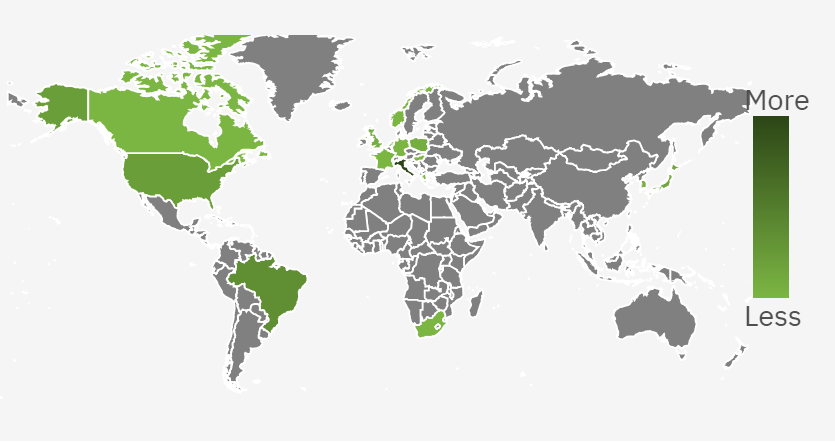 An open access journal
An open access journal
Revolutionizing Healthcare with Intelligent Solutions
Abstract
This paper explores the revolutionization of healthcare through intelligent solutions enabled by AI-driven engineering. Through case studies and research insights, it investigates how artificial intelligence is transforming traditional healthcare practices, including disease diagnosis, treatment optimization, and patient care. The study highlights the application of AI techniques such as deep learning, natural language processing, and medical imaging analysis in enhancing accuracy, efficiency, and accessibility in healthcare services. Additionally, it discusses the integration of AI with wearable devices, electronic health records, and telemedicine platforms to enable personalized medicine, remote monitoring, and predictive analytics for proactive healthcare management. The paper also addresses challenges such as data privacy, regulatory compliance, and ethical considerations in the adoption of AI-driven engineering solutions in healthcare. It emphasizes the importance of interdisciplinary collaboration, patient-centric innovation, and evidence-based practice in leveraging AI's potential to improve healthcare outcomes and promote population health.
Share and Cite
Article Metrics
References
- Esteva, A., Kuprel, B., Novoa, R. A., Ko, J., Swetter, S. M., Blau, H. M., & Thrun, S. (2017). Dermatologist-level classification of skin cancer with deep neural networks. Nature, 542(7639), 115-118.
- Gulshan, V., Peng, L., Coram, M., Stumpe, M. C., Wu, D., Narayanaswamy, A., ... & Kim, R. (2016). Development and validation of a deep learning algorithm for detection of diabetic retinopathy in retinal fundus photographs. JAMA, 316(22), 2402-2410.
- Iyer, A. P., & Halabi, S. S. (2019). Artificial intelligence in cardiology: Applications, challenges and future directions. European Cardiology Review, 15(2), 117-123.
- Rajkomar, A., Oren, E., Chen, K., Dai, A. M., Hajaj, N., Hardt, M., ... & Corrado, G. S. (2018). Scalable and accurate deep learning with electronic health records. NPJ Digital Medicine, 1(1), 1-10.
- Razzak, M. I., Naz, S., & Zaib, A. (2018). Deep learning for medical image processing: Overview, challenges and the future. In Classification in BioApps (pp. 323-350). Springer, Cham.
- Topol, E. J. (2019). High-performance medicine: The convergence of human and artificial intelligence. Nature Medicine, 25(1), 44-56.
- Wijaya, S. K., & Meidiana, A. (2017). Wearable healthcare monitoring system based on IoT and artificial intelligence. Procedia Computer Science, 116, 291-298.

